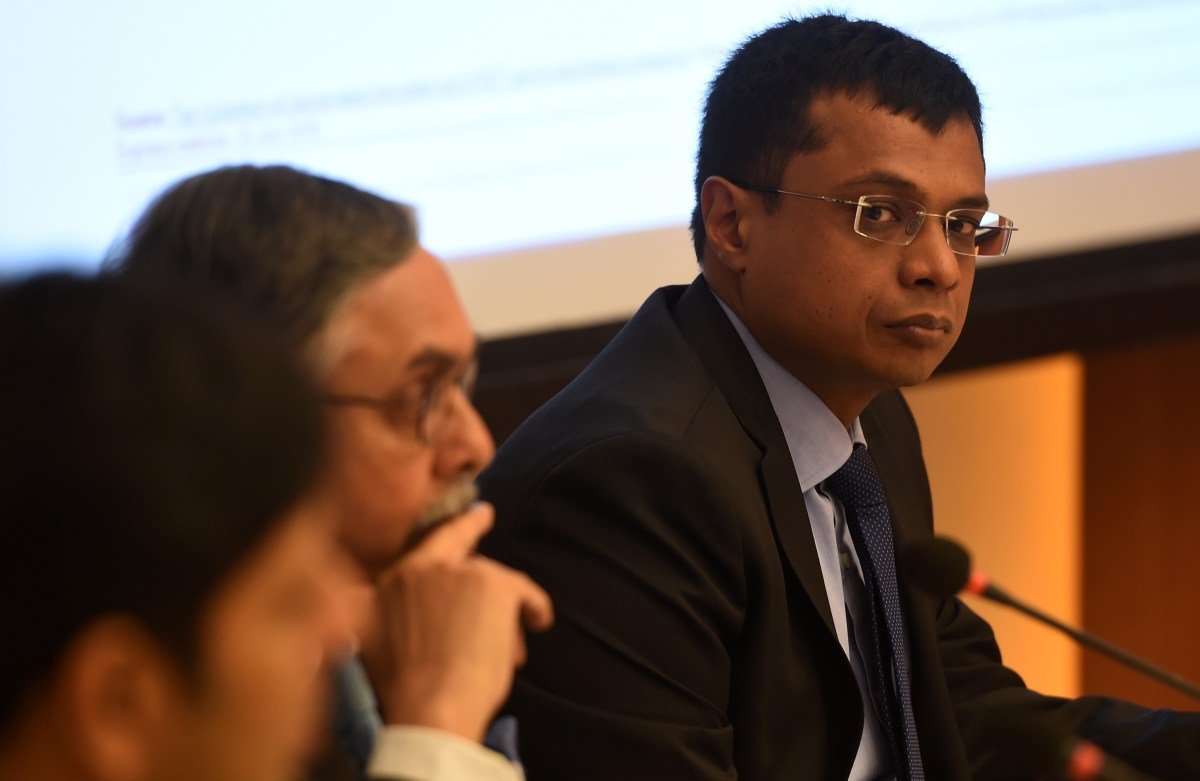Flipkart Co-Founder Sachin Bansal in Talks to Raise Capital for New Startup, Navi
Sachin Bansal, co-founder of the successful Indian company Flipkart, is now setting his sights on a new venture. He is in discussions with investors to raise capital for his latest startup, Navi, a fintech company based in Bengaluru. According to sources familiar with the matter, Bansal is seeking a valuation of around $2 billion and hopes to secure between $200 million and $400 million in funding.
Navi, which offers personal and home loans as well as health insurance to its customers, has primarily been self-funded since its establishment in 2018. However, this could potentially be the startup’s first major external fundraising round, as Bansal currently owns 97% of the company.
A spokesperson for Navi declined to comment on the ongoing discussions.
“Talks have yet to materialize into a deal, so the terms, as well as Bansal’s appetite for outside funding, may change,”
Navi’s journey has not been without its challenges, with the company originally aiming to raise $440 million through a public listing in 2022. However, due to the slump in the IPO market, those plans were put aside last year.
The potential funding for Navi is a significant indication of the changing landscape of the venture market in India, as well as a positive sign for fintech worldwide. After a tumultuous 2023, which saw a 73% decline in overall startup funding in the country, the potential for growth stage funding rounds could be a promising sign.
Other Indian Startups Also in Talks for Growth-Stage Funding
Navi is not the only Indian startup currently in discussions for a growth-stage funding round. According to recent reports, Abu Dhabi’s sovereign wealth fund ADIA is in talks to back Pocket FM, an Indian audio-storytelling platform. Other potential candidates include eyewear brand LensKart, consumer nutrition platform HealthKart, and bike-taxi aggregator Rapido. Sources have also revealed that Khazanah, Malaysia’s sovereign wealth fund, may be among those interested in investing in Rapido in the coming weeks.
According to a recent Bain report, India’s startup ecosystem experienced a sharp decline in large funding rounds last year, as global investors like Tiger Global and SoftBank reduced their investments. Additionally, domestic VC firms shifted their focus to early-stage companies.
The Reserve Bank of India’s regulatory actions in recent years have also impacted startups in the fintech sector, particularly those issuing cards and lending. This has led to increased caution among investors in this space.
Sachin Bansal: A Trailblazer in Indian Startup Ecosystem
Sachin Bansal has been a trailblazer in the Indian startup ecosystem, particularly with his role in the success of Flipkart. The company raised billions of dollars from a renowned list of strategic and financial investors, with Bansal himself earning a $1 billion windfall when he left the company in 2018. He then pursued a new venture with Navi in the same year, taking a more bootstrapped approach.
“Even if this might become Navi’s first external raise, that doesn’t mean Bansal has not been talking to interested parties.”
As reported by TechCrunch, Navi had also previously engaged in talks with potential investors, including SoftBank, prior to its planned IPO. However, discussions halted when the company’s application for a banking license was rejected by India’s central bank.
Navi’s Shift in Focus and Plans for the Future
In recent quarters, Navi has narrowed its focus and sold its microfinancing unit, Chaitanya India, for $178.5 million. According to Bansal, this was part of a strategic plan to prioritize the company’s digital-first businesses.
In an interview published by the Indian outlet Moneycontrol, Bansal revealed that he intends to revive Navi’s plans for an IPO in the future.
“For now, I would say we have parked them, until we see that it is a possibility again in the future. Then we will pick up again when there’s some green light from the regulator at the right time.”
It seems that Bansal has not abandoned his plans to turn Navi into a bank, stating that it is still a possibility for the future. However, he acknowledges that regulatory actions have impacted these plans and is waiting for the right opportunity to pursue this growth avenue.
Overall, the potential fundraising for Navi and other Indian startups signals a positive shift in the venture market in India, offering hope for growth and investment opportunities in the future.








